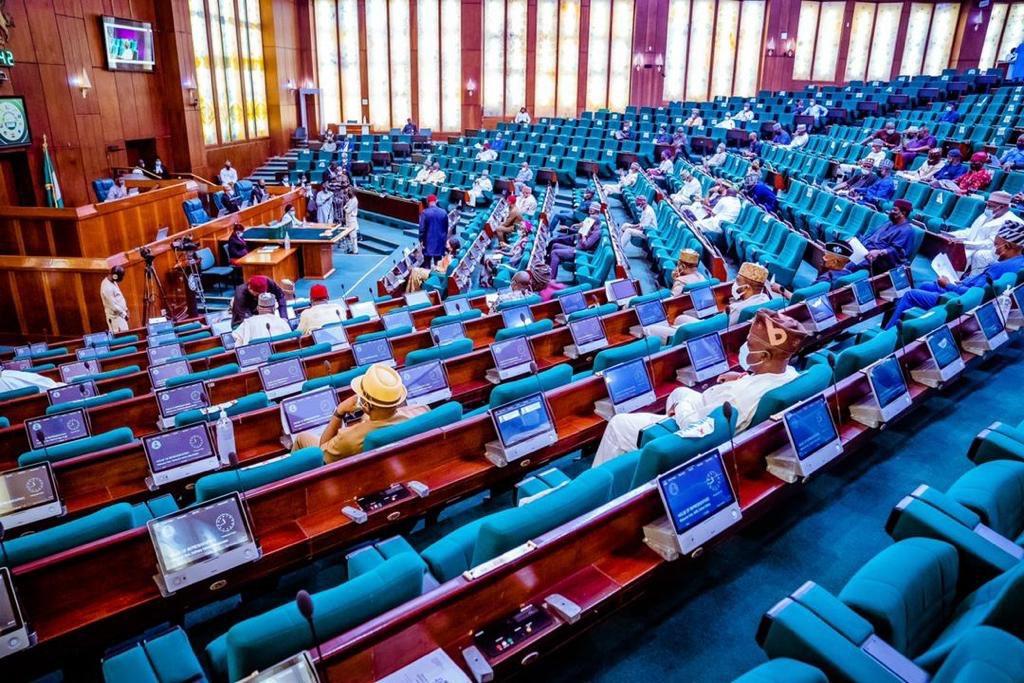The House of Representatives Committee on the Review of the 1999 Constitution has recommended the creation of 31 new states in Nigeria, sparking a mix of reactions from different socio-political groups and former lawmakers.
The committee, led by Deputy Speaker Benjamin Kalu, has urged the Independent National Electoral Commission (INEC) to conduct referendums in areas seeking new states as part of the constitutional amendment process.
The proposed states include Itai from Akwa Ibom, Etiti from the South-East, Orlu from Imo and Anambra, Aba from Abia, Adada from Enugu, Njaba from Imo and Anambra, Anioma from Delta, Ogoja from Cross River, Ijebu from Ogun, Ibadan from Oyo, Oduduwa from the South-West, Ose from Ondo and Edo, New Oyo from Oyo, Igbomina from Kwara and Osun, and Oke-Ogun from Oyo. Others are Middle Belt from the Middle Belt region, Apa from Benue, Edu from Niger, Gurara from Kaduna, Okun from Kogi, Confluence from Kogi, Katagum from Bauchi, Amana from Adamawa, Ghari from Kano, Tiga from Kano, Kano (to be renamed), Hadejia from Jigawa, Song from Adamawa, Mambilla from Taraba, Savannah from Borno, and Bayajida from Katsina.
The proposal has been met with mixed reactions. The pan-Yoruba socio-political group, Afenifere, dismissed the plan as unnecessary, arguing that it would not improve governance. Afenifere’s National Publicity Secretary, Jare Ajayi, said, “The creation of more states does not necessarily translate into better governance or improved welfare for the people.” He emphasized that addressing fundamental issues such as true federalism and economic viability should be prioritized.
The Arewa Consultative Forum (ACF) also opposed the proposal. Its National Publicity Secretary, Professor Tukur Muhammad-Baba, described the idea as “ridiculous” and pointed out that Nigeria is already struggling to sustain the existing 36 states. He argued that adding more would only increase administrative costs without solving real problems.
On the other hand, the Ohanaeze Ndigbo Worldwide, the apex Igbo socio-cultural group, welcomed the recommendation but insisted that the South-East must get additional states to correct what it sees as an imbalance. The National Publicity Secretary, Dr. Alex Ogbonnia, said, “The South-East currently has only five states, while other regions have at least six or more. Equity demands that this imbalance be addressed.”
The Middle Belt Forum (MBF) expressed support for the proposal, arguing that many ethnic groups have been marginalized under the current state structure. The National President, Dr. Bitrus Pogu, said, “Many parts of the Middle Belt have been agitating for state creation for decades. If done correctly, it will bring governance closer to the people.”
Similarly, the Pan Niger Delta Forum (PANDEF) called for a cautious approach, emphasising economic viability. Its National Publicity Secretary, Ken Robinson, noted that “creating new states must be based on economic sustainability, not just political considerations. Otherwise, we will end up with more problems than solutions.”
Several former lawmakers have also criticized the plan. A former House of Representatives member, Dr. Usman Bugaje, described the proposal as unrealistic, arguing that most of the current states rely on federal allocations to survive. “Instead of creating more states, we should focus on making the existing ones more efficient,” he said.
Former senator Shehu Sani also questioned the feasibility of the proposal. “We should be talking about devolution of power and fiscal federalism rather than multiplying administrative structures that may not be sustainable,” he said.
The recommendation has raised concerns about the economic impact of adding 31 new states. Experts warn that such a move could significantly increase the cost of governance, as each new state would require its own government, legislature, and administrative institutions. Political analysts argue that while state creation can address issues of marginalisation, it is often driven by political interests rather than genuine developmental needs.
The next steps in the process will depend on INEC’s ability to conduct referendums in the proposed areas and whether the constitutional amendment process gains the necessary legislative approval.
